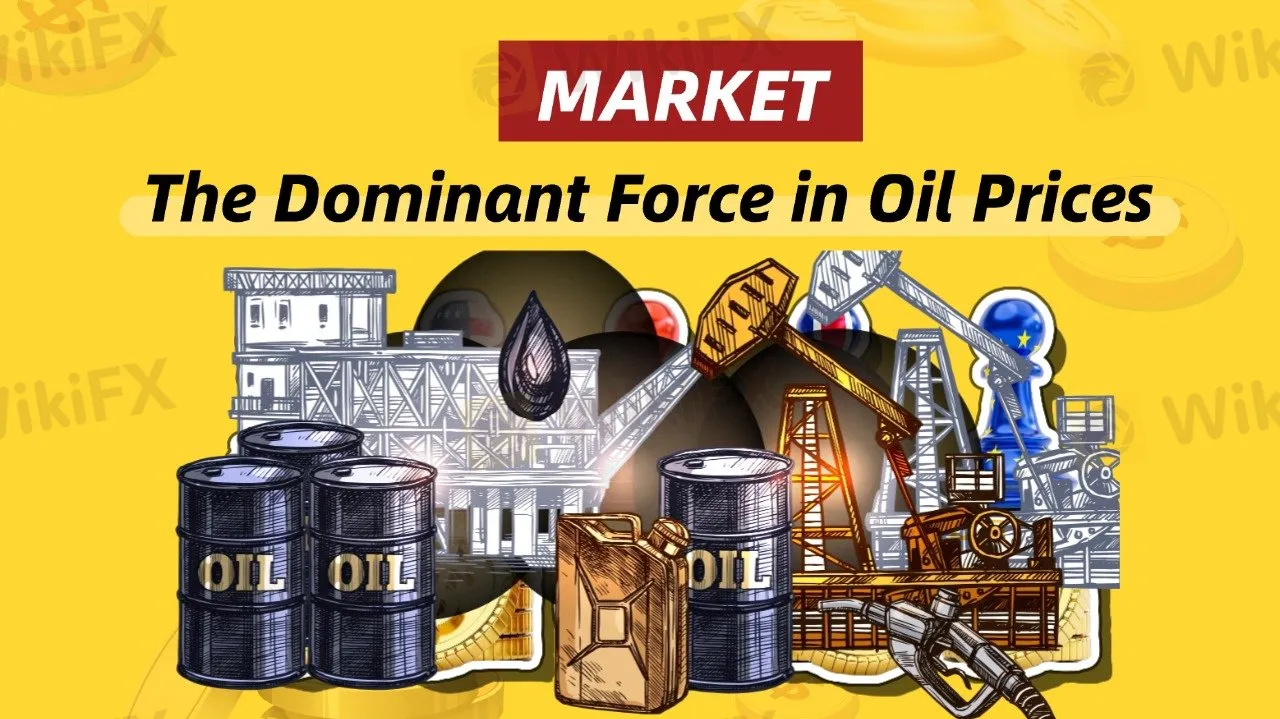简体中文
繁體中文
English
Pусский
日本語
ภาษาไทย
Tiếng Việt
Bahasa Indonesia
Español
हिन्दी
Filippiiniläinen
Français
Deutsch
Português
Türkçe
한국어
العربية
Market: The Dominant Force in Oil Prices
Abstract:Recent fluctuations in oil prices have raised concerns, especially with the sharp rise in gasoline prices.

The Independent Petroleum Marketers Association of Nigeria (IPMAN) revealed that gasoline stock prices surged by 4.7%, increasing from 907 naira per liter to 950 naira. This hike is closely linked to the rise in crude oil prices, which have climbed from $73 to $80 per barrel, directly impacting gasoline prices. To cope with the price fluctuations, many marketers have turned to Dangote Refinery, though this has also introduced some uncertainty regarding the future price trends.
The Nigerian Minister of Petroleum Resources, Heineken Lokpobiri, made it clear that oil prices will be determined by the market, not government intervention. He pointed out that price fluctuations are normal in a deregulated market, with global oil prices always influencing local product prices. Lokpobiri also emphasized that the purpose of deregulation is to allow prices to adjust naturally according to market demand. Therefore, future price volatility cannot be predicted, and it is not something the government can control. He further added that the governments current focus is on ensuring fuel quality and supply stability, rather than controlling fuel prices.
This statement has somewhat alleviated market concerns. Although the rise in oil prices has created short-term pressure in Nigeria, the government has clearly stated that it will not intervene in price setting. This means prices will increasingly depend on the market‘s supply and demand. Market competition will drive natural price fluctuations, helping to avoid supply shortages or dramatic price hikes. For consumers and investors, the government’s position provides clearer expectations for future price changes, allowing for better adaptation to market fluctuations.
While the government is gradually loosening control over prices, it is ultimately market forces that will dictate the final price. For oil-producing countries like Nigeria, adapting to market rules and responding flexibly to future changes are key to maintaining stable development.

Disclaimer:
The views in this article only represent the author's personal views, and do not constitute investment advice on this platform. This platform does not guarantee the accuracy, completeness and timeliness of the information in the article, and will not be liable for any loss caused by the use of or reliance on the information in the article.
Read more

Bank Negara Malaysia Flags 12 New Companies for Unauthorised Activity
Bank Negara Malaysia (BNM) has updated its Financial Consumer Alert List (FCA List) by adding 12 more entities, reinforcing its efforts to warn the public against unregulated financial schemes. Check if your broker made the list!

TradingView Brings Live Market Charts to Telegram Users with New Mini App
TradingView has launched a mini app on Telegram, making it easier for users to track market trends, check price movements, and share charts.

March Oil Production Declines: How Is the Market Reacting?
Oil production cuts in March are reshaping the market. Traders are closely watching OPEC+ decisions and supply disruptions, which could impact prices and future production strategies.

How to Calculate Leverage and Margin in the Forex Market
Leverage amplifies both potential profits and risks. Understanding how to calculate leverage and margin helps traders manage risks and avoid forced liquidation.
WikiFX Broker
Latest News
Exposing the Top 5 Scam Brokers of March 2025: A Closer Look by WikiFX
Gold Prices Climb Again – Have Investors Seized the Opportunity?
Webull Launches SMSF Investment Platform with Zero Fees
Australian Regulator Warns of Money Laundering and Fraud Risks in Crypto ATMs
The Withdrawal Trap: How Scam Brokers Lure Victims into Paying More
FCA to Investors: Think Twice Before Trusting These Brokers
Trump\s tariffs: How could they affect the UK and your money
Trump gambles it all on global tariffs he\s wanted for decades
TradingView Brings Live Market Charts to Telegram Users with New Mini App
Trump tariffs: How will India navigate a world on the brink of a trade war?
Currency Calculator







